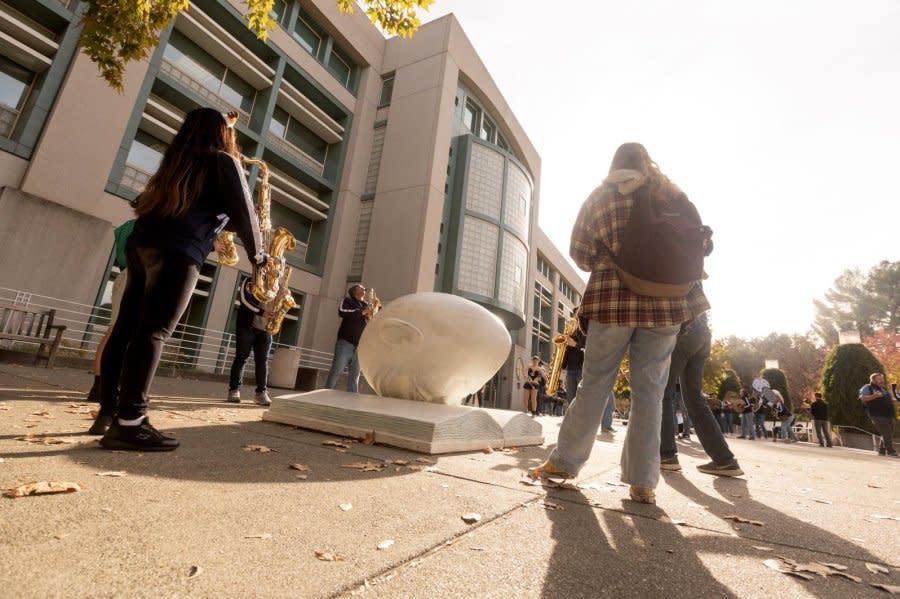Contact tracing underway after tuberculosis infection identified at UC Davis

Dec. 21 (UPI) -- Health officials have begun contact tracing after a person at the University of California-Davis campus was diagnosed with a contagious form of tuberculosis, the university said Thursday.
UC Davis officials said they are working to identify and notify people who had been in close contact with the infected person. Only people who had at least eight hours of exposure to the person are classified as close contacts.
Officials did not say whether the infected person was a student, faculty member or employee. The infected person's current condition was not disclosed.
Exactly where and how the person contracted tuberculosis is not known at this point, but health officials said, outside of those the university is contacting directly, there is a low exposure risk to the general community. Officials did not say how many close contacts they have identified.
Tuberculosis is a respiratory virus that spreads when an infected person coughs, speaks or sings. People nearby might breathe in the bacteria and become infected.
Once tuberculosis settles in the lungs, it can grow to infect other parts of the body such as the kidneys, spine and brain.
Symptoms include a cough that can last three weeks or more, chest pain or coughing up blood. Other symptoms might include weakness, fatigue, weight loss, chills, fever or night sweats.
People with tuberculosis are most likely to spread it to people they spend time with every day, such as family members, friends and co-workers.
According to the World Health Organization, 1.3 million people died from TB in 2022, although the vast majority of fatal cases occurred in less-developed countries.
According to the Centers for Disease Control and Prevention several medications are available, including Isoniazid, Rifapentine and Rifampin.

